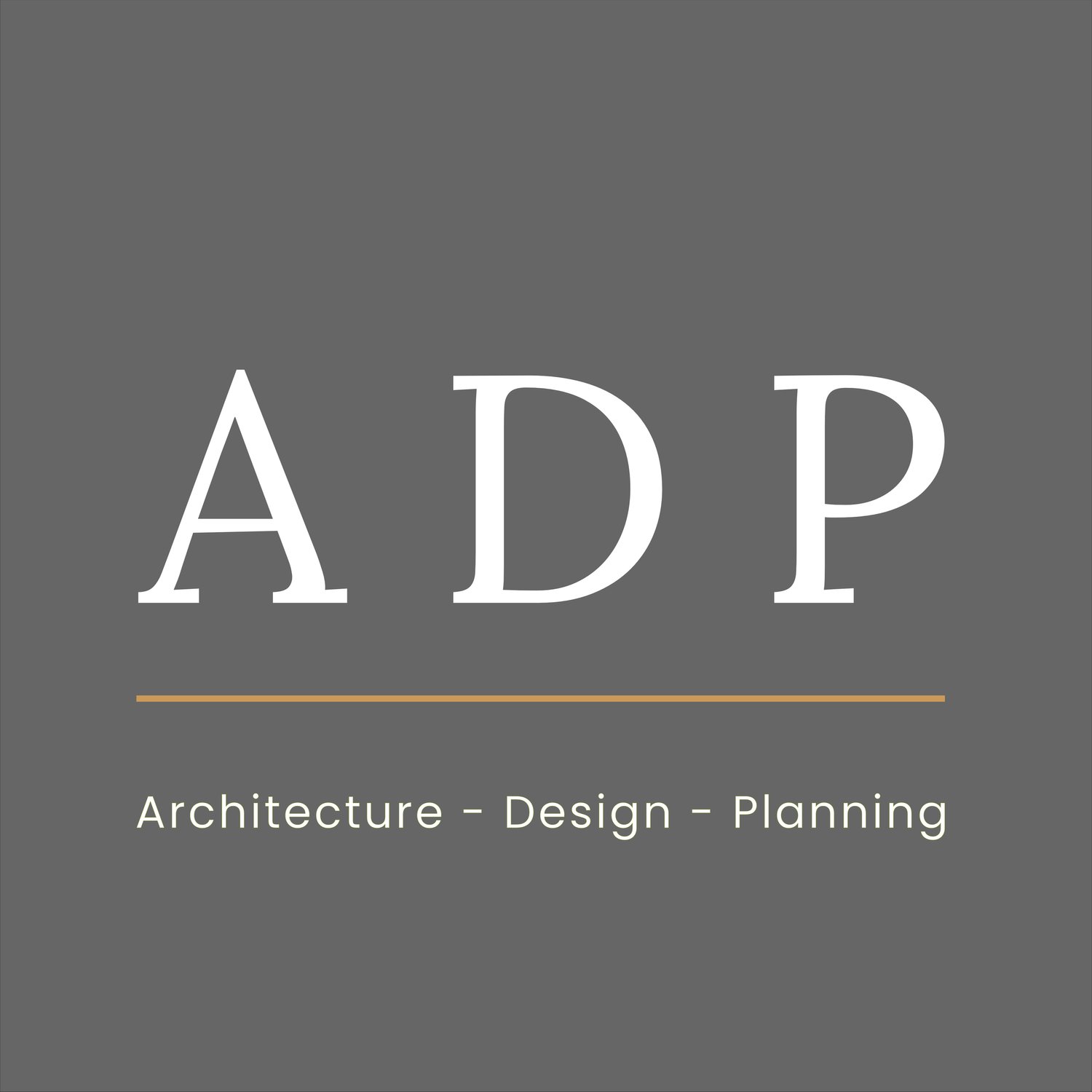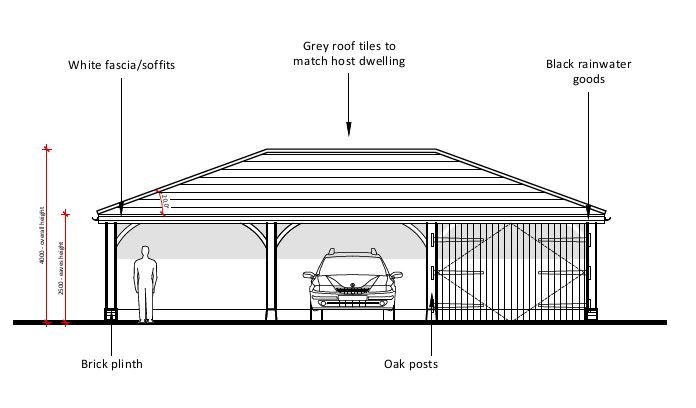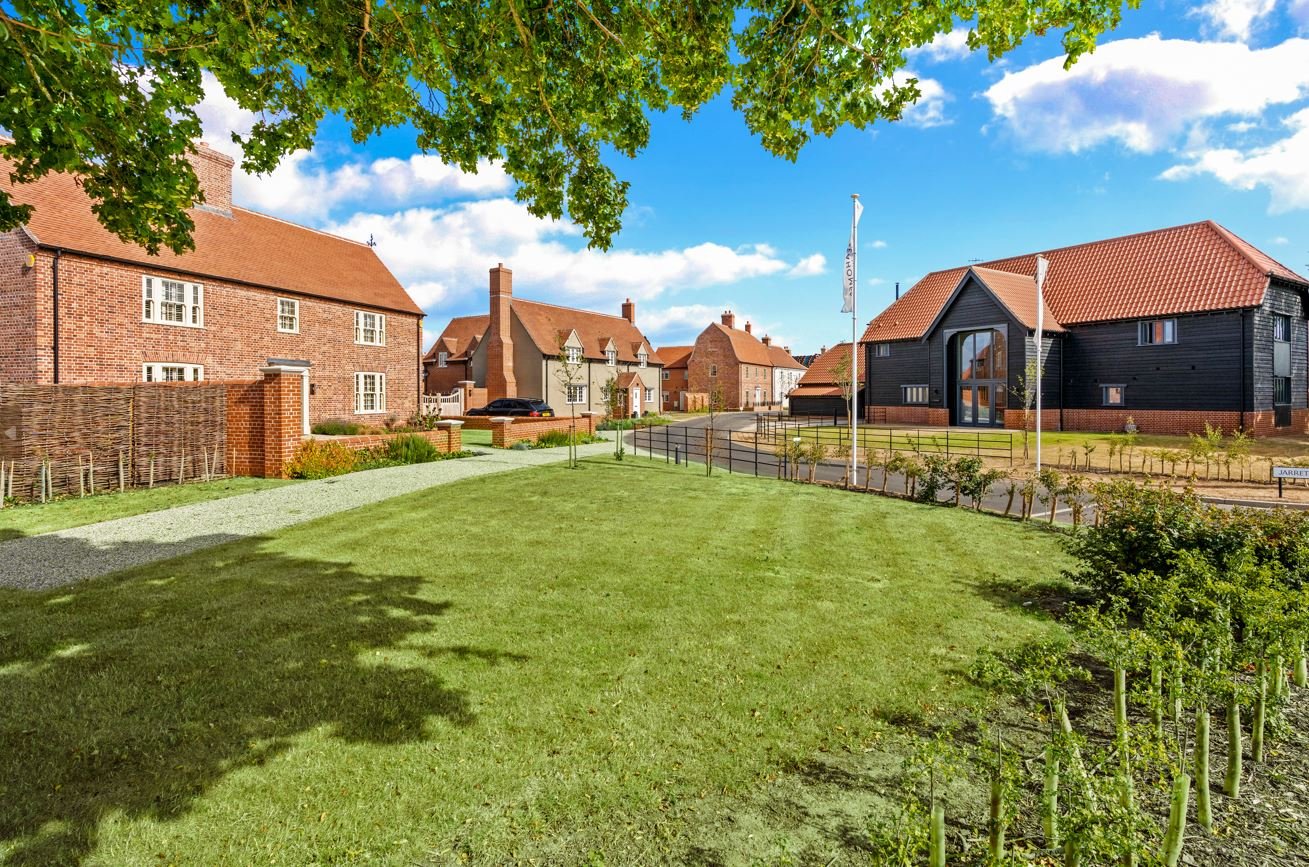
Lawful Development Certificate Planning Appeal.
Need help with your Lawful Development Certificate Planning Appeal?
Navigating the complexities of planning law can be challenging, especially when it comes to Lawful Development Certificates.
At A D P, we specialise in guiding clients through the planning process, ensuring the best possible outcomes for your development projects.
This comprehensive guide will walk you through what Lawful Development Certificates are, the appeals process, and how our expert team can assist you every step of the way.
What is a Certificate of Lawful Development?
A Lawful Development Certificates is a legal document issued by a local planning authority that confirms a specific use, operation, or activity related to a piece of land or building is lawful for planning purposes.
There are two types of Lawful Development Certificates:
Certificate of Lawful Existing Use or Development (CLEUD): This confirms that an existing use, operation, or activity is lawful.
Certificate of Lawful Proposed Use or Development (CLOPUD): This confirms that a proposed use, operation, or activity would be lawful if carried out.
Lawful Development Certificates are crucial for property owners and developers as they provide certainty about the planning status of a development or use, which can be particularly valuable when buying, selling, or developing property.
The Lawful Development Certificates Appeals Process
If your application for a Lawful Development Certificates is refused, granted in a different form than requested, or not determined within the statutory timeframe, you have the right to appeal.
Appeal Submission:
Appeals must be made to the Planning Inspectorate
There is no statutory time limit for submitting an appeal, but it's advisable to do so promptly
The appeal must include all relevant documents, including the original application and supporting evidence
Appeal Procedures: There are three possible procedures for CLD appeals:
Written Representations: The most common and typically quickest method
Hearings: For more complex cases requiring discussion
Public Inquiries: For the most complex or contentious cases
Appeal Decision: The Inspector will consider all evidence and make a decision and the decision is binding on both the local authority and the appellant
The duration of the appeal process can vary significantly depending on the procedure and complexity of the case. Written representations typically take around 28 weeks, with hearings and inquiries taking longer.
Our Latest Appeal Successes
Our Planning Appeal Services
In addition to our certificate of lawfulness appeal service, we handle a wide range of planning appeals, including:
How A D P Can Assist with Your Lawful Development Certificate Appeal
Navigating a Lawful Development Certificate appeal can be complex and time-consuming. Our experienced team of planning consultants can provide invaluable assistance throughout the process:
Initial Assessment: We'll review your case to determine the strength of your appeal and advise on the best course of action.
Document Preparation: We'll prepare all necessary documents, including appeal statements, evidence, and legal arguments, ensuring they are comprehensive and persuasive.
Negotiation: Where appropriate, we'll engage in negotiations with the local planning authority to explore potential resolutions before or during the appeal process.
Post-Decision Support: If your appeal is successful, we'll provide advice in regard to implementing the decision. If unsuccessful, we'll advise on potential next steps or alternative strategies.
Whether you're facing a refusal, considering an appeal, or simply need advice on Lawful Development Certificates, our team is here to help.
Request Your Planning Appeal Consultation Today




















